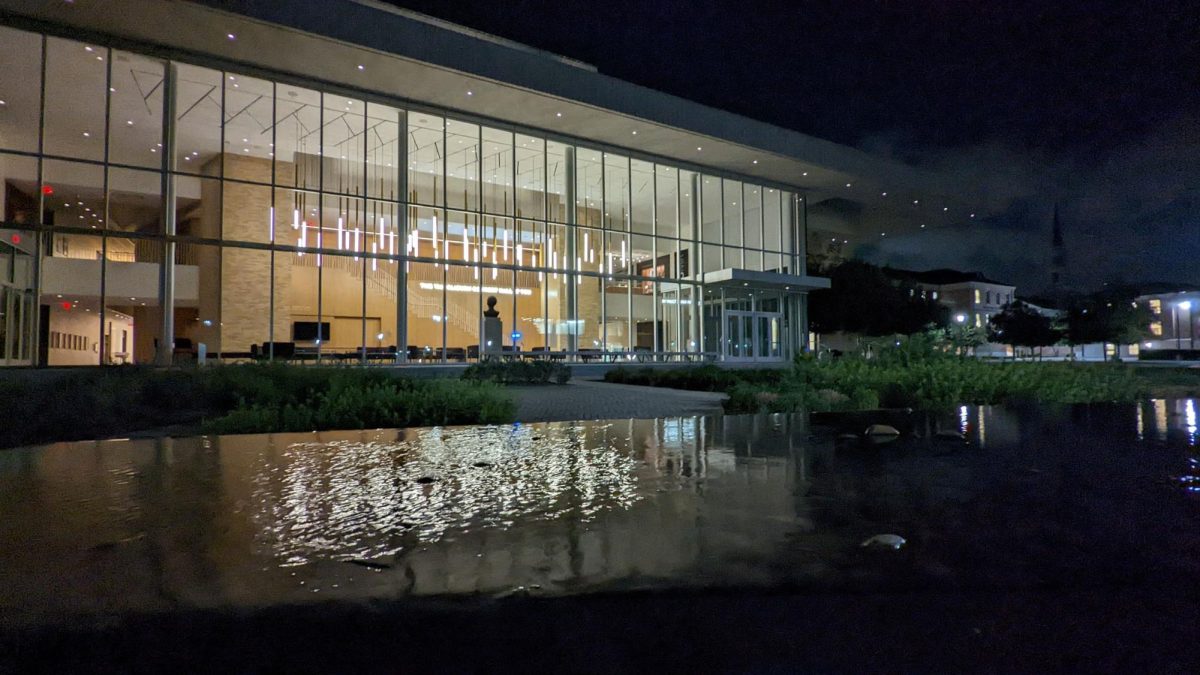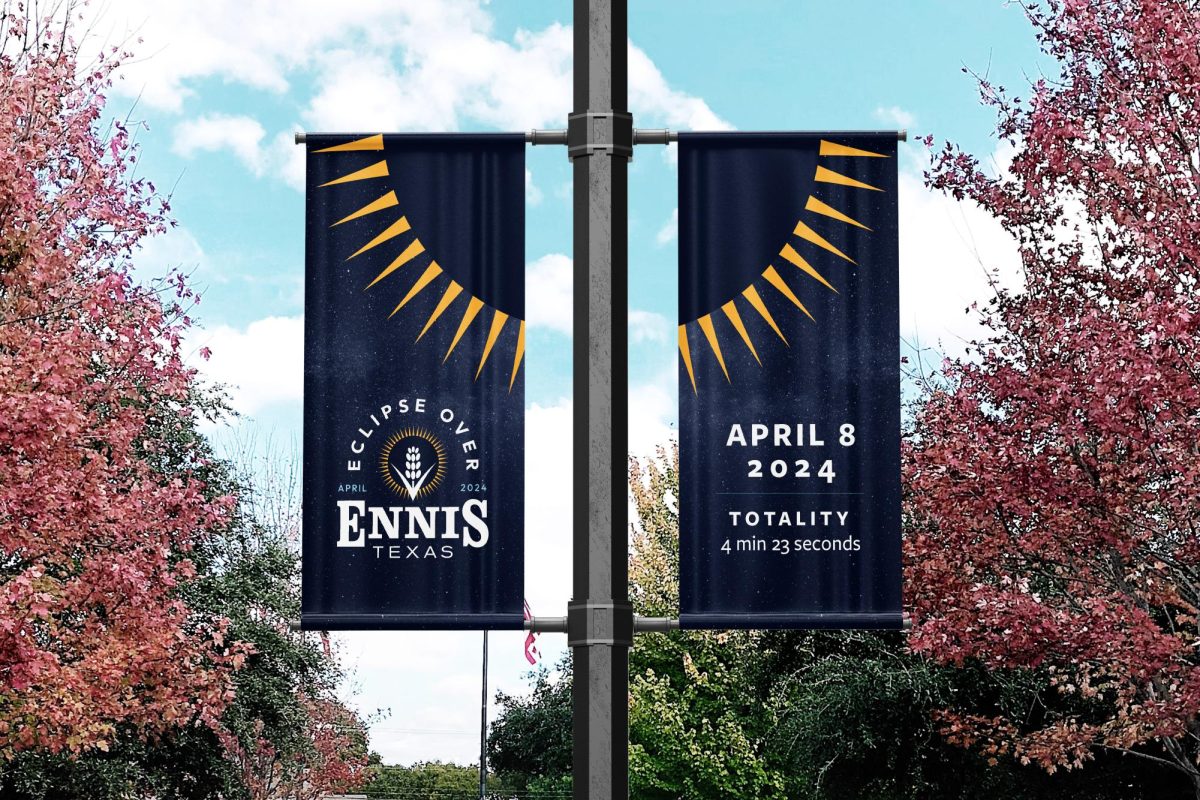It’s the dawn of a new era for public school libraries.
Books still play a major role in elementary education, but new advancements in technology are changing the game.
At two 109 elementary schools, the people who bring books to life for many 3- through 10- year-olds are school librarians.
Leta Marshall at Westcliff Elementary and Kay Nader at Tanglewood Elementary are doing whatever it takes to get students up-to-date technology and books in their libraries while dealing with today’s financial constraints.
All across the country, schools are finding places to cut the budget, and the library is often the place that suffers when money needs to be saved. But Marshall said Fort Worth ISD knows the importance of getting young students into libraries and getting motivated about reading.
"Westcliff is really lucky," Marshall said. "Our principal [Sarah Gillespie] in the past has managed to put extra funds into this library and she does that every year. She prioritizes what is important and if you have a good principal behind you, the money is going to come."
The biggest problem these librarians are facing is how to keep technology up-to-date to help students learn while controlling costs.
FWISD schools are given $8 per child every year to go to the library’s budget, and a lot of that money goes to getting books that students will read and learn from. Most schools use the Accelerated Reader program that tests students on their reading comprehension. The FWISD pays for the AR program for all of its schools. At about $4 a student and with 78,350 students, the program costs $313,400 for the district.
According to the FWISD’s 2009-2010 budget, the cost for instructional resources and media services is $132 per student with a total cost of $10,342,519.
Both these 109 elementary schools use this program to motivate students to participate with prizes.
"It is a great tool and kids can win prizes," Marshall said. "But they also get to see their success and move up to a higher level. They all want to move to the next level."
New technology and libraries
FWISD’s willingness to update technology in the schools and libraries keeps every school in the 109 up-to-date. Every classroom and library now has laptops.
Westcliff elementary has a new attendance program that helps keep track of enrolled students and that program is now connected to the library to help students check out books and lets librarians see what books have been checked out.
"Way back in the day, we didn’t even have the Internet and we had to check out by hand," Marshall said. "But now the school district’s new attendance program is working perfectly and kids can check out books even easier now."
The newest trend in education is the use of the new Promethean Interactive Whiteboards.
"Chalkboards are way gone," Marshall said. "All the classrooms and libraries can bring lessons up on a computer and it automatically goes on the Promethean white board. This means kids can have interactive lessons."
The FWISD’s Division of Technology completed the installment of 5,000 Promethean boards in December, 16 months ahead of schedule. Approximately 6,500 teachers, administrators and librarians across the district are trained to use the boards, according to the report.
FWISD superintendent Melody Johnson said they are one of the most exciting teaching tools ever for Fort Worth.
The boards have Internet access, which allows teachers to download lessons that engage students with images, video and audio.
"They are like smart boards that help beef up our lessons and technology," Nader said.
The librarians said one of the biggest changes in recent years is a new ordering system.
"Now we can just submit it all online," Nader said. "They do a lot of the categorizing for us and FWISD has a library processing center so we just submit purchase orders and they make sure that we get what we need."
The Internet and the implementation of book jobbers, the companies that sell books, have made librarians’ jobs even more stress-free.
"They make buying books a quicker process," Marshall said. "The books themselves are wonderful and with the jobbers you can find books about anything."
Another new trend is the use of eBooks. Students are able to check out an eBook and they can use them in the library or even at home.
"We have been encouraged by the district to use eBooks and they are available to us," Marshall said. "The one jobber that I use has also encouraged me to look into those. We haven’t got into them that deeply yet, but once I order them, a child scans his or her barcode and they have access to the eBooks."
The nature of library work
Marshall and Westcliff have the most students they have ever had, nearing 500 enrolled this year, making it more difficult to keep the school staffed and keep the library stocked.
"We have more students in the fifth grade classes so now when teachers bring kids to the library they have about 33 kids," Marshall said. "When we had about 22 kids, things went faster."
While Tanglewood might not be setting record numbers for enrollment, Nader still works every day to get the students she does work with to enjoy their time at the library.
"I have always tried real hard to get them on the hook when they are little," Nader said. "I try to read aloud to them so they hear a lot of stories out loud. Let them eat a snack if it goes with the story."
Snacks and storytelling might be great for the younger students at Tanglewood, but that is only part of Nader’s job because she has to keep fourth and fifth graders entertained also.
"As they grow older, we get more into catalog, how to use the database, and we give them a good feeling about the library," Nader said. "That has not been a real problem for us. I think the kids are interested in reading."
Nader has worked with a lot of kids during her time at Tanglewood. She has been at the school at 19 years and during the first 10 years she also spent time working at South Hills Elementary and Lily B. Clayton Elementary, going back and forth between the schools every week. While Nader had help with the job then, she still got to spend a lot of her time working with kids.
"I had a clerk who ran things at the other school when I wasn’t there," Nader said. "She did circulation and other classes and when I was there I tried to do lessons with the kids. She wasn’t a teacher so we kind of split the job up."
Nader is glad to be settled down at just one school, but Marshall is one of six librarians in FWISD to work at more than one school. Marshall, who has been a school librarian for 38 years, spends two days a week at Westpark Elementary.
"This has been a small school for a long time and I look at it as an honor to work at two schools," Marshall said. "I got to build two libraries the way I want them. I was at Christene C. Moss full-time for seven years, but I feel they assigned me two schools because I feel confident."
Marshall’s clerk who is at Westpark when she is at Westcliff is Janie Ginn.
"She works by herself, but we think alike," Marshall said. "We collaborate every day and we keep each other really informed."





